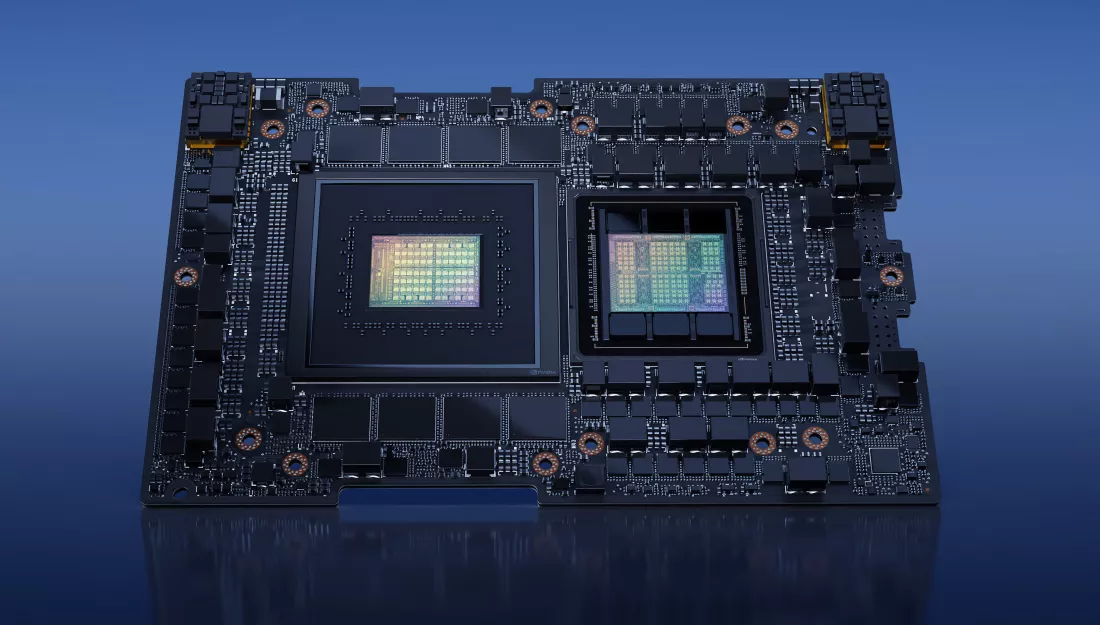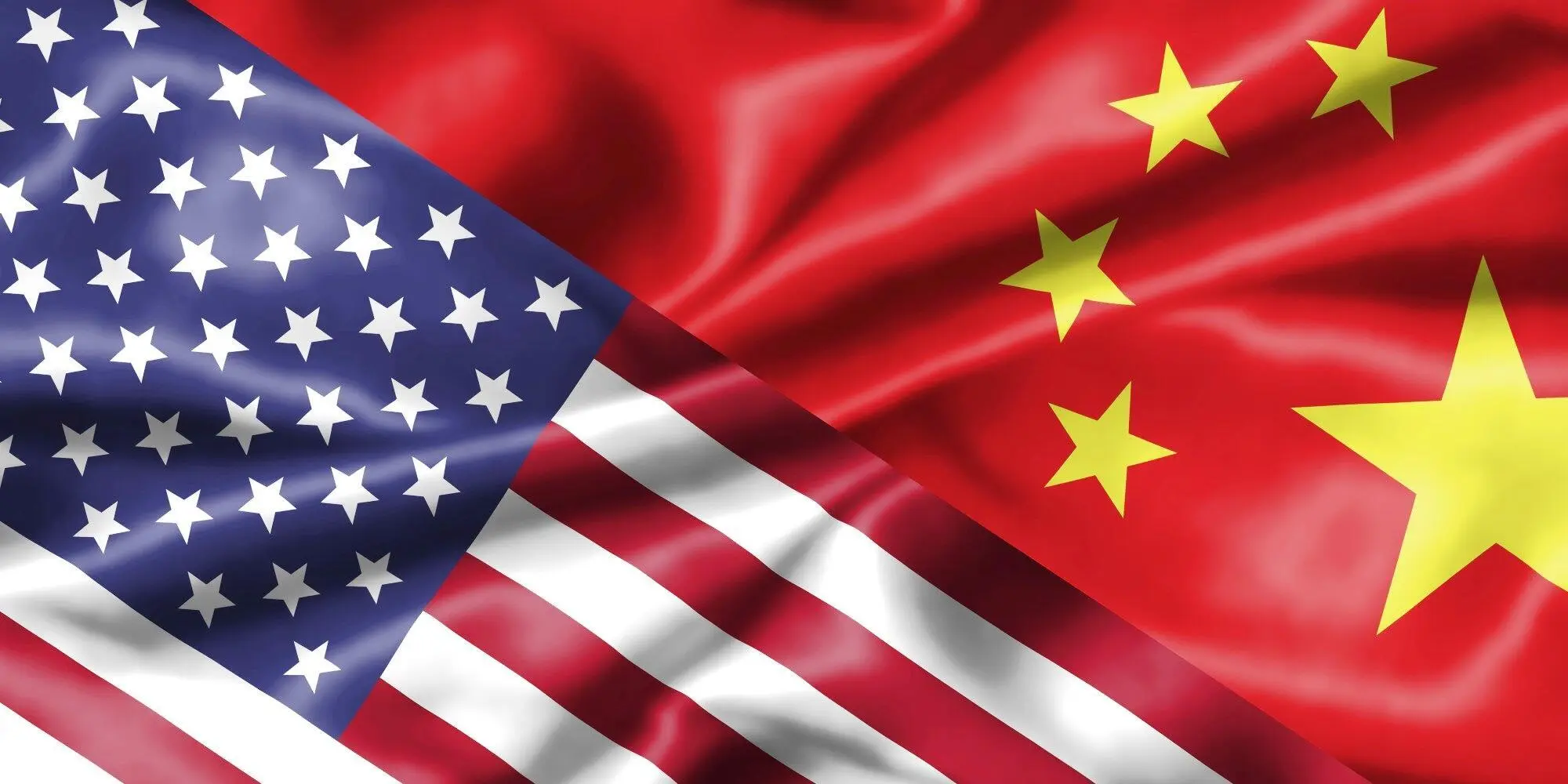In brief: Chinese entities including research institutes and universities have been able to obtain high-end Nvidia AI products by purchasing server products embedded with the chips from resellers. The US tightened sanctions on tech exports to China last year, but tenders fulfilled between November 20 and February 28 show they could still be purchased via small firms reselling the chips in Supermicro, Dell, and Gigabyte servers.

The US government has spent months cutting off China's access to high-end Nvidia AI accelerators over their potential military applications. The export of advanced chipmaking tools is also restricted.
Nvidia's H800 and A800 chips, made specifically to comply with previous rules for selling to China, were restricted for export to the country last October, as was the RTX 4090. New rules were imposed a month later closing a loophole in which chiplet designs were used to skirt restrictions on how much computing power a chip packed into a certain size. Resellers and third parties were also prohibited from selling the chips to Chinese entities.
A review of hundreds of tender documents by Reuters shows 10 Chinese entities acquired advanced Nvidia chips by purchasing server products made by Super Micro Computer, Dell, and Gigabyte after the US expanded its embargo. The tenders are valued at between about $10,000 and $259,000.

Selling and purchasing the chips is not illegal in China, and Reuters could not determine if the companies sold stockpiles of products acquired before the rules were tightened in November.
Nvidia said the tenders specified products that were exported and available before the restrictions. "They do not indicate that any of our partners violated the export control rules and are a negligible fraction of the products sold worldwide," a spokesperson said. A law expert said it's possible that the chips could have been diverted to China without a manufacturer's knowledge.
The three server makers told Reuters that they comply with US and international export restrictions. Supermicro said the products are older-generation models and that the suppliers are not known customers. Dell said it found no evidence of shipping products configured with the restricted chips, but that it would continue to investigate.
In a recent interview with CBS News, US Commerce Secretary Gina Raimondo said the chip in Huawei's Mate 60 Pro was years behind the sophisticated semiconductors available in the US, and served as evidence that the export controls on China are working.